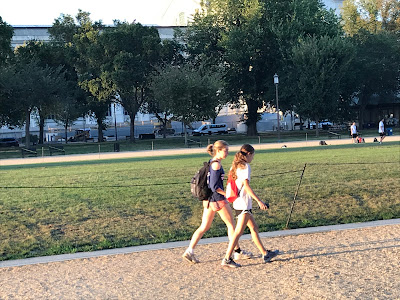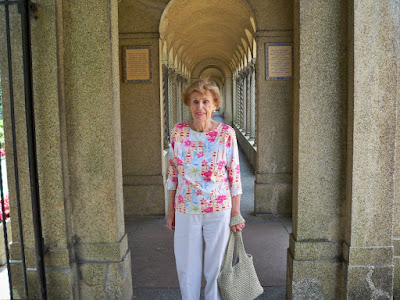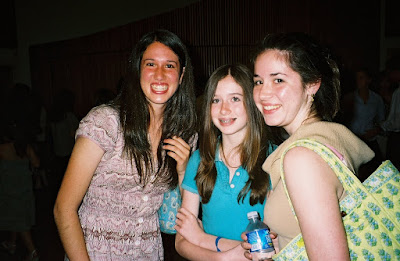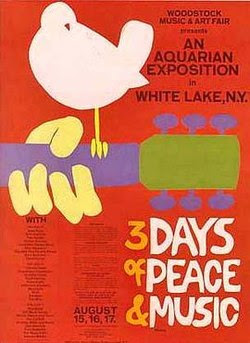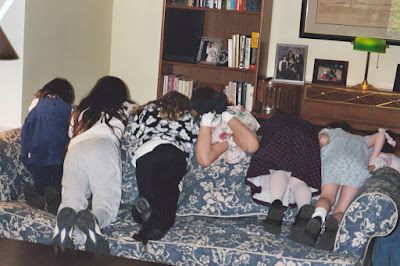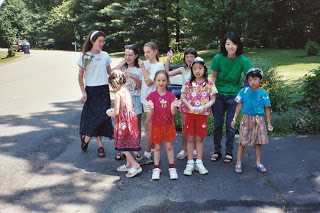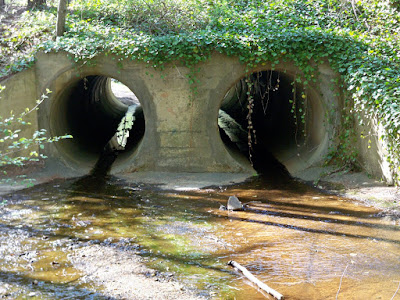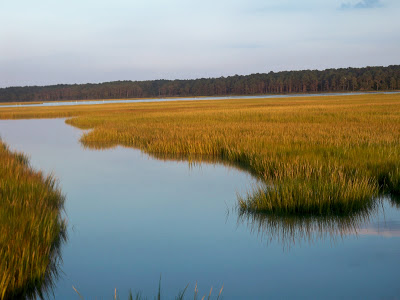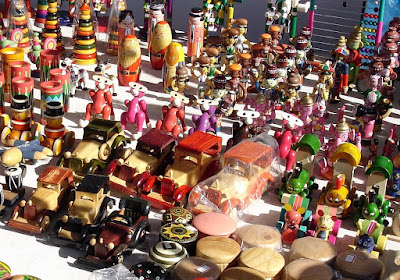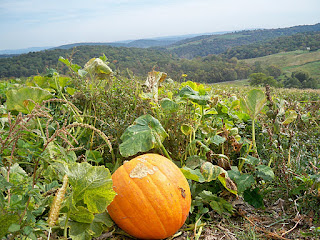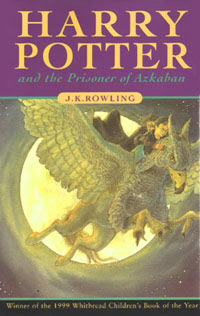June Afternoon
An afternoon walk on the W&OD Trail puts me in the very middle of summer. That ribbon of asphalt is a former railroad line, after all, and is as open and sunny as you would expect it to be, bright and straight.
The trail is edged by tall grasses, daisies, Queen Anne’s lace and a tangle of other weeds and wildflowers that hang their sweet heads over the paved path. This time of year, it’s honeysuckle-scented, too, and the combination of sound and scent makes me feel like I’m eight years old and wading through the clover-filled empty lot behind us in the old-old house.
What is it about summer that brings out the kid in us? Is it that when we’re young we practically eat summer up, sucking sour weed, whistling through a blade of grass, rolling down a hill? In summer we’re skin to skin with the natural world, we breathe it in and it becomes part of us. And every summer thereafter we live on that stored fuel.
George Eliot said, “We could never have loved the earth so well if we had had no childhood in it.” To which I would add “ — and no childhood summers.”
